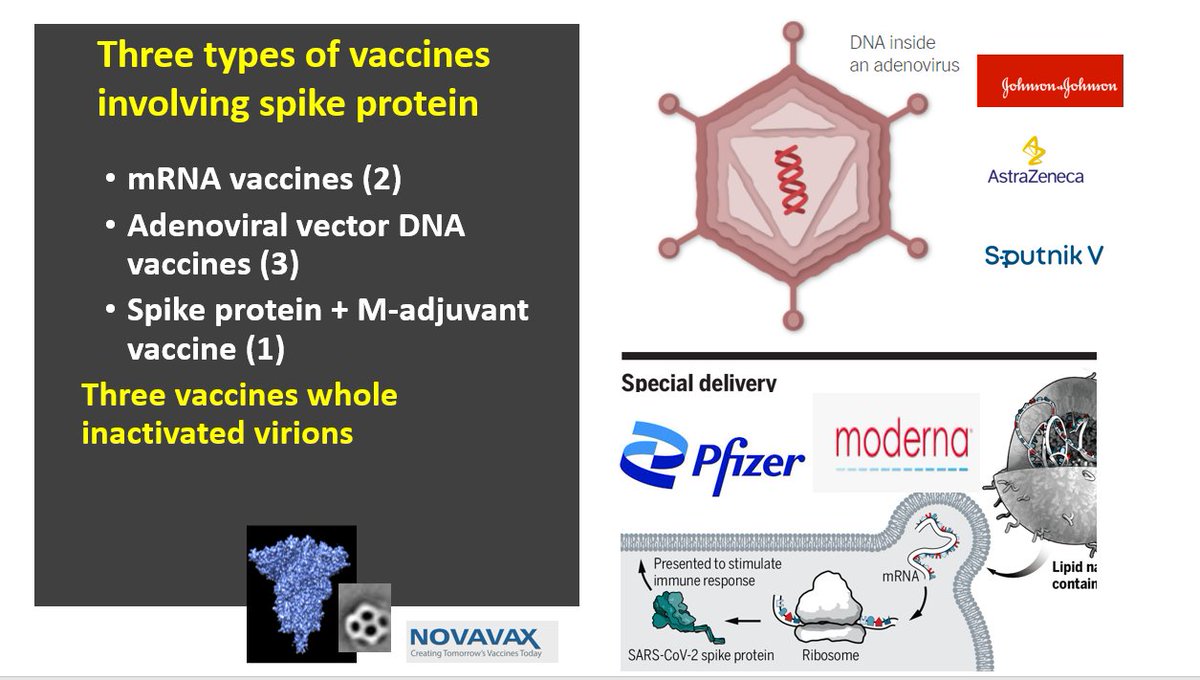
BOOSTERS: Dr. Jonathan Sterne's slide from VRBPAC on how 2-dose vaccines provide persistent protection from severe disease in studies where delta variant is circulating. For me, the debate on boosters can be divided into 2 lines of research: immunologic & epidemiologic 

IMMUNOLOGIC: From an immunology standpoint, no evidence that a 3rd shot needed. Antibodies waning is a normal part of the immune system; you have the blueprint (memory B cells) to make more with T cells helping. Saying "HepB, HPV are 3 shot series" belies
leaps.org/how-long-do-co…
leaps.org/how-long-do-co…
fact that we have NEVER done this amount of research on a vaccine or the immune response before. We have robust studies showing strong memory B cells formed in response to the vaccine in lymph nodes after 2 shots.
EPIDEMIOLOGIC: However, we didn't tamp down transmission enough
EPIDEMIOLOGIC: However, we didn't tamp down transmission enough
in some high-income countries with ready access to the shots due to lack of vaccine uptake (Israel, US). In places with higher vaccine uptake (EU), transmission tamped down even with delta so that EMA in the EU not considering 3rd booster right now. In places like US & Israel
with high amounts of circulating virus (& not all across US of course; CA has lowest rate of transmission of 50 states), there is more of risk of a breakthrough (some of which can be severe) because more virus seen. So, booster argument for older may be made on pure epidemiology
alone in places like US & Israel with firm understanding and knowledge that - if we had higher rates of vaccination uptake - this wouldn't need discussion now. Getting unvaccinated vaccinated is most important way to get through pandemic. That should be focus
And do vaccinated with symptomatic breakthroughs spread as much as unvaccinated. No, they do not based on simple microbiology alone. Do asymptomatic vaccinated spread? Likely not. So, argument to boost based on reducing transmission flimsy
https://twitter.com/MonicaGandhi9/status/1434567533948854289
• • •
Missing some Tweet in this thread? You can try to
force a refresh







